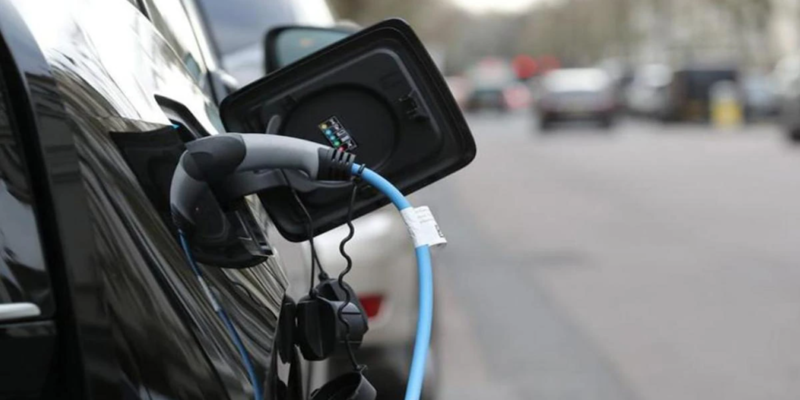Schedule a Call Back
Indian govt removes mandatory human safety tests for EV Batteries
 Industry News
Industry News- Sep 08,23

Related Stories

India EV Battery Demand to Surge 14-Fold by 2032: CES Report
CES says India’s EV battery demand may rise from 17.7 GWh in 2025 to 256.3 GWh by 2032, driven by electrification, new models, fuel prices and policy support shaping growth over next seven years t..
Read more
MIT-WPU Develops Patented Passive Hybrid Cooling System for EV Batteries
The integration of a custom-engineered nanofluid, enhanced with thermally conductive nanoparticles and low-boiling-point liquids, enables rapid heat extraction from battery hotspots.
Read more
Vedanta Invests Rs 125 bn in Metal Manufacturing for EVs
These funds will be used to expand aluminium, zinc, nickel, copper and steel capacity, strengthening electric vehicle (EV) supply chains and enabling India’s clean mobility transition.
Read moreRelated Products

Automotive Oil Pump
Kalpak Auto Pvt Ltd offers a wide range of
automotive oil pump.
Tata Motors unveils facilities for development of Hydrogen propulsion tech
Tata Motors, India?s largest automobile company, unveiled two state-of-the-art & new-age R&D facilities for meeting its mission of offering sustainable mobility solutions. The unveilings constitute of Read more
Tata Motors plans petrol powertrain for Harrier and Safari SUVs
Tata Motors is in the process of developing a new petrol powertrain for its premium sports utility vehicles, the Harrier and Safari, as confirmed by a senior company official. Currently, these models Read more














